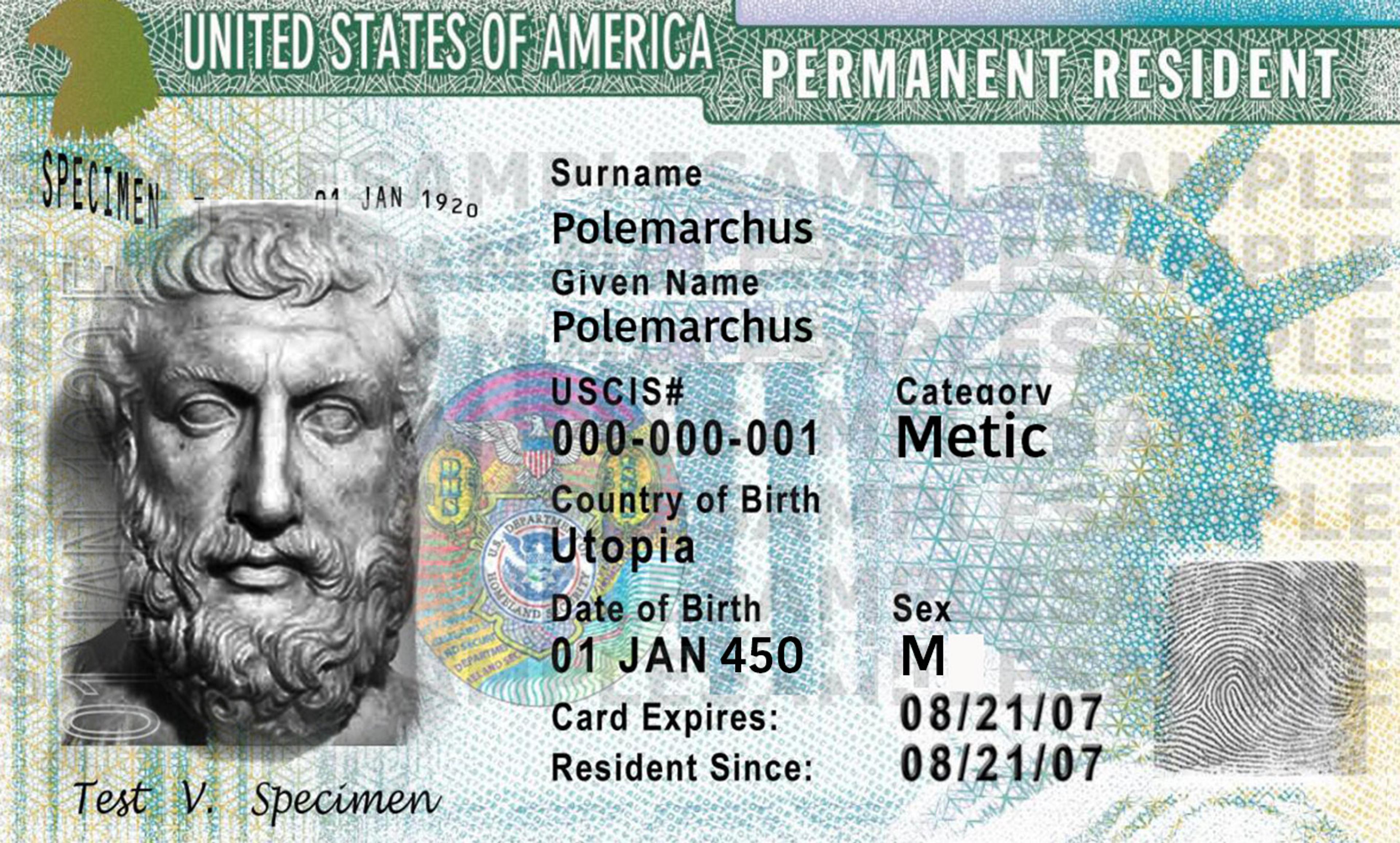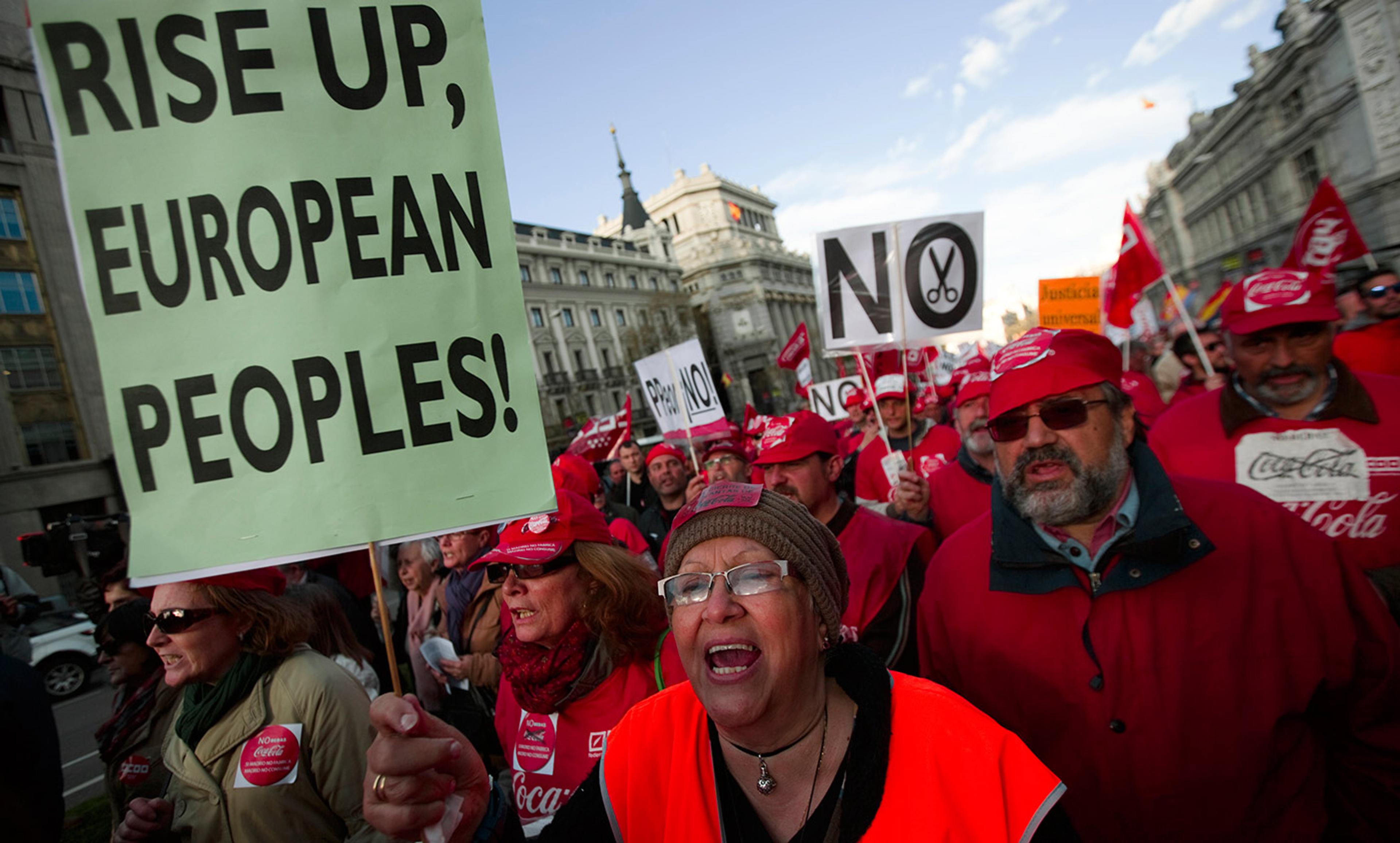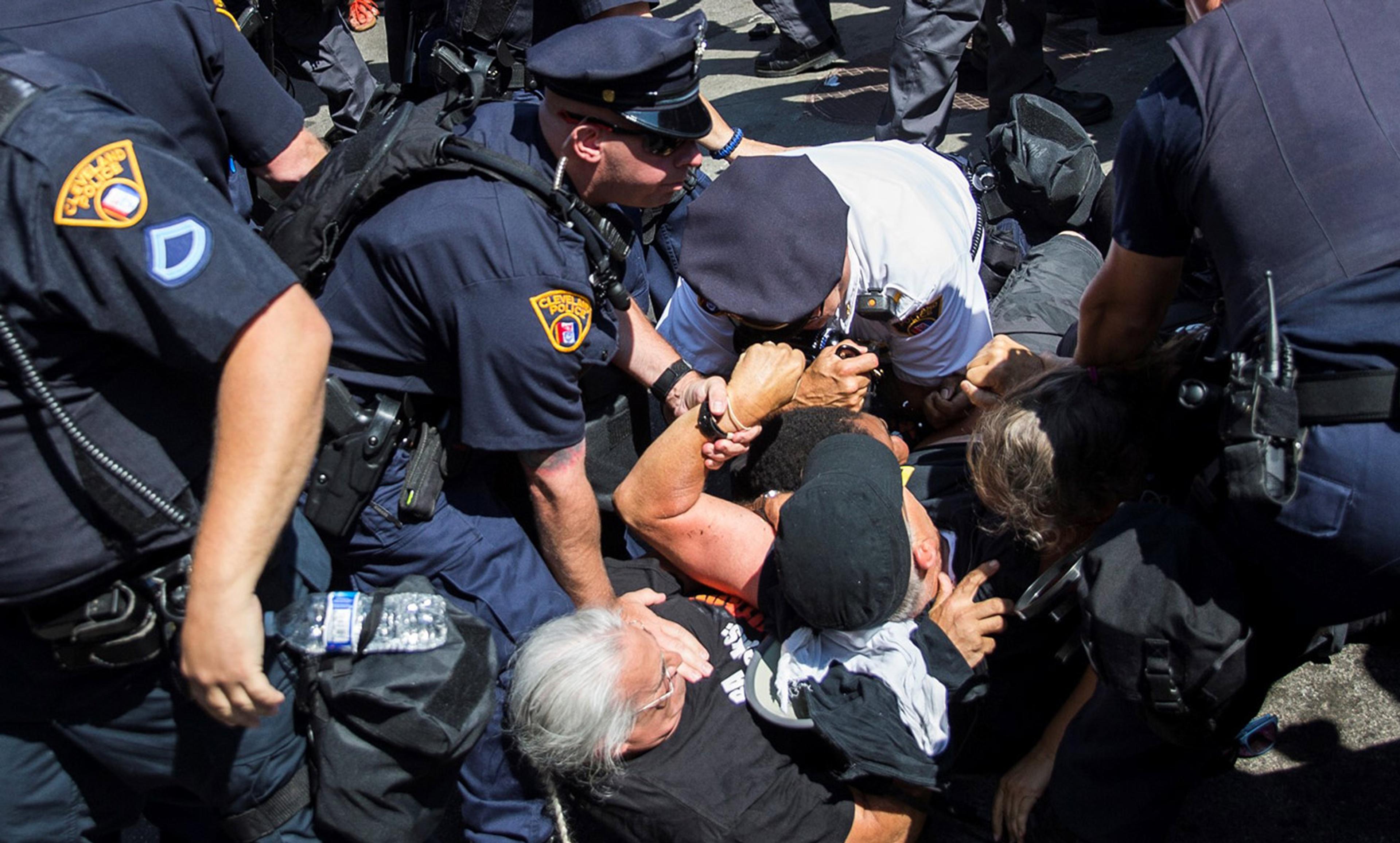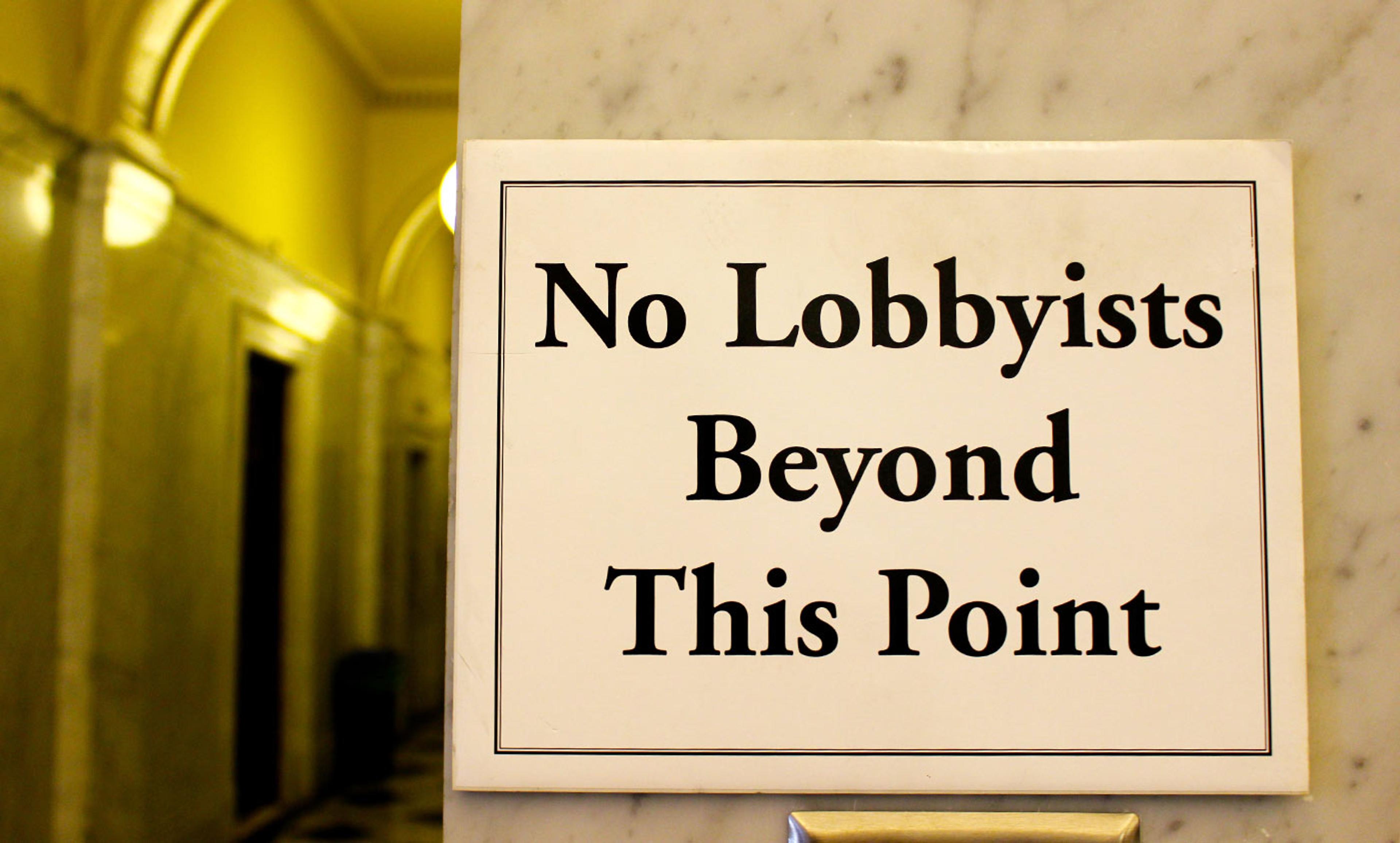Courtesy Wikipedia
When it comes to immigration, not all foreigners are the same. The treatment of non-citizen legal residents, for example, raises very different moral and political questions from the larger debate about who should, and who should not, be allowed to enter. States have the right to control their borders, refuse entry to those without prior permission to enter, and take action against those who have entered illegally. But once a state grants legal residence to a non-citizen – and all functioning states, even the most restrictive, find reason to grant legal residence to some – the relationship between state and non-citizen changes. Through the state’s official procedures, it has entered an agreement with the non-citizen, an agreement that brings obligations and limitations on the conduct of both parties.
A state that, without due process, simply ignores the rights and obligations it has extended to that legal resident makes a serious breach of its moral authority and the rule of law. This is why the state’s treatment of its non-citizen legal residents – its visa-holders and permanent resident aliens – can say as much about its health as its treatment of citizens.
The idea that the non-citizen resident is crucial to diagnosing the state’s health is evident in Plato’s Republic. The dialogue’s 10 books take place at the home of Polemarchus. This associate of Socrates is a historical figure whose father, Cephalus, was invited to move to Athens from Syracuse by Pericles, the great Athenian leader. Polemarchus’ brother, Lysias, was a celebrated orator whose speeches and writings survive. The family became wealthy from their arms-manufacturing business, and remained in Athens as permanent resident aliens. The Greeks called them metics. They paid taxes and enjoyed some political rights but were not full-fledged Athenian citizens. They were, in essence, Green Card-holders.
In the Peloponnesian War (431-404 BCE), Athens sent a large military expedition to Syracuse that ended in catastrophe. The failure made Polemarchus’ family, Syracusan allies of Athens, potential objects of suspicion. We might compare Polemarchus’ family to one of wealthy, prominent Iraqis whom George W Bush as president offered residency in the United States as a token of appreciation for their support and as protection from harm.
Ancient Greek readers of Plato’s Republic, written around 380 BCE, knew that Polemarchus and his family met a tragic end. In the dialogue’s opening lines, Polemarchus insists that Socrates (who met a similar fate himself) stay with him in the city of Piraeus so that the philosopher might enjoy the festival for Bendis, a newly introduced Thracian goddess of the moon and the hunt. Socrates was sentenced to death in 399 BCE for, among other things, favouring newfangled gods over the city’s traditional deities. Therefore, Plato’s staging of the Republic near the onset of the Bendis festival introduces tension and ironically highlights the injustice of Athens condemning Socrates for introducing new gods when it did the very same thing.
Though less well-known to modern readers, Polemarchus also ended up drinking hemlock in 404 BCE, murdered by the Thirty Tyrants, who overthrew Athens’ democratic government. His family, a friend of that government, was targeted by the new regime. The regime seized the family’s property. Lysias, however, managed to escape. He later wrote an indictment of Eratosthenes, one of the Thirty, for his brother’s murder. Socrates’ own indictment occurred in part because several of his known associates participated in the coup. The support of Socrates’ associates for the coup helped to make his criticisms of democracy and people’s ethical beliefs suspect. The opening scenes of the Republic, then, pair two figures condemned unjustly to the same end: Socrates, a poor and politically controversial citizen, and Polemarchus, a tax-paying and law-abiding Green Card-holder.
Ancient reports tell us that Plato worked exceedingly hard to perfect the Republic’s opening scene, writing draft after draft. Plato chose to set the dialogue among those of ambiguous political status, among metics such as Polemarchus and political dissidents such as Socrates. This is worthy of our attention. The state’s treatment of dissident citizens is a perennial philosophical problem. But its treatment of resident aliens is equally worthy of reflection.
I was reminded of the Republic’s dramatic staging as I followed the US President Donald Trump’s executive order of 27 January 2017, since stayed by the courts, temporarily banning aliens from seven Muslim-majority countries from entering the US. The broad language of the order, according to legal experts, made it applicable even to the 500,000 permanent residents from those countries who have received Green Cards in the past decade. US Customs and Border Protection agents reportedly detained and even deported non-citizen travellers, including Green Card-holders, visa-holders and refugees who had been cleared. On 6 March 2017, President Trump issued a revised order that, among other things, exempted permanent residents and current visa holders from the named countries. The legal fight over the order will play out in the courts.
In the course of the Republic’s 10 books, Socrates offers a considered analysis of justice and the ideally just state. It can be simplified to one principle: justice is reason ruling. When rationality rules in government, the state is just. Similarly, when rationality governs the emotions and desires of the soul, a person is just. When reason fails to rule, whether in the state or the person, injustice obtains. Presuming the executions of Polemarchus and Socrates were unjust, both resulted from irrationality, irrationality in Athens’ institutions or in its citizens, determining their fates. The question is obvious: Plato is asking us to consider how our reaction to the dissidents and aliens among us might veer into irrationality and lead to injustice.
In an era dominated by tight-knit city-states and the bonds of citizenship, it is hard to overemphasise how radical Plato’s proposal is. Justice, he is saying, is not determined simply by citizens, nor is it a relationship between citizens. Rather, there is a deeper principle at work shaping justice, one that transcends citizenship and its loyalties. Reasoning on what justice is, as Socrates does in the Republic, leads to the conclusion that it does not just apply to fellow citizens. The eventual deaths of Socrates and Polemarchus, and the downfall of Athens, urgently dramatise how the work of justice, including the critical examination of our own feelings and political institutions, is a never-ending challenge. Clearly, Plato believes that, if uncontrolled, irrational impulses such as anger, resentment, fear and paranoia lead to catastrophe.
So the Republic advises us to avoid injustice by guarding against irrationality, both in ourselves and in the state. But what particular lessons can we draw from this today? There are, I think, three. First, we can diagnose the true health of the state in the way that it treats its non-citizen residents. Whatever one’s views on the very wide range of positions regarding immigration, the matter of the resident alien is entirely different. The state’s targeting of legal resident aliens – people granted legal residency by the state’s own procedures – is deeply irrational. It is destructive of historic political achievements of civil officials observing the rule of law. It is also based on overwrought fear and suspicion. Such a serious breach enjoins the intellectual to dissent, because non-citizens are peculiarly vulnerable to state oppression and need defence from those who can see beyond the bonds of citizenship. Although the dissident intellectual might fear retribution from the state, allowing the breach to go unchallenged makes him vulnerable to state oppression all the same.
Second, rationality does not stop with awareness and understanding. Justice, Plato thought, requires that reason rule – that reason’s dictates be translated in action, both in personal conduct and in government policy. It is not enough that courts decide that executive actions such as the president’s irrational oppression should be halted. Citizens and officials must move to make sure that right prevails, that the court’s decisions are carried out, since the cooperation of the executive branch might be required and the exercise of justice could meet with popular resistance.
Third, the Republic warns that reason must be the governing aim of all those who seek justice. This demand is very challenging, even for critics of injustice, indeed even for dissidents. The new US president has fostered an enormous amount of hatred, resentment and paranoia. The rise of Trumpism has moved conspiracy theories into the political centre, leading to a society where even opponents of the regime prefer to focus on Kremlinology conspiracies – facts and evidence be damned. Those who justly oppose this presidency should take great care to avoid the irrational – rage, paranoia and conspiracy-mongering – and stick to the force of reason, evidence and argument. Paranoia and conspiracy theories, even if they appear to hurt our opponents, promote the very tendencies that fuel the rise of injustice in the first place. The more that animosity and ridicule take centre-stage in the opposition to this regime, rather than reason and procedure, the more the forces of injustice will grow.






